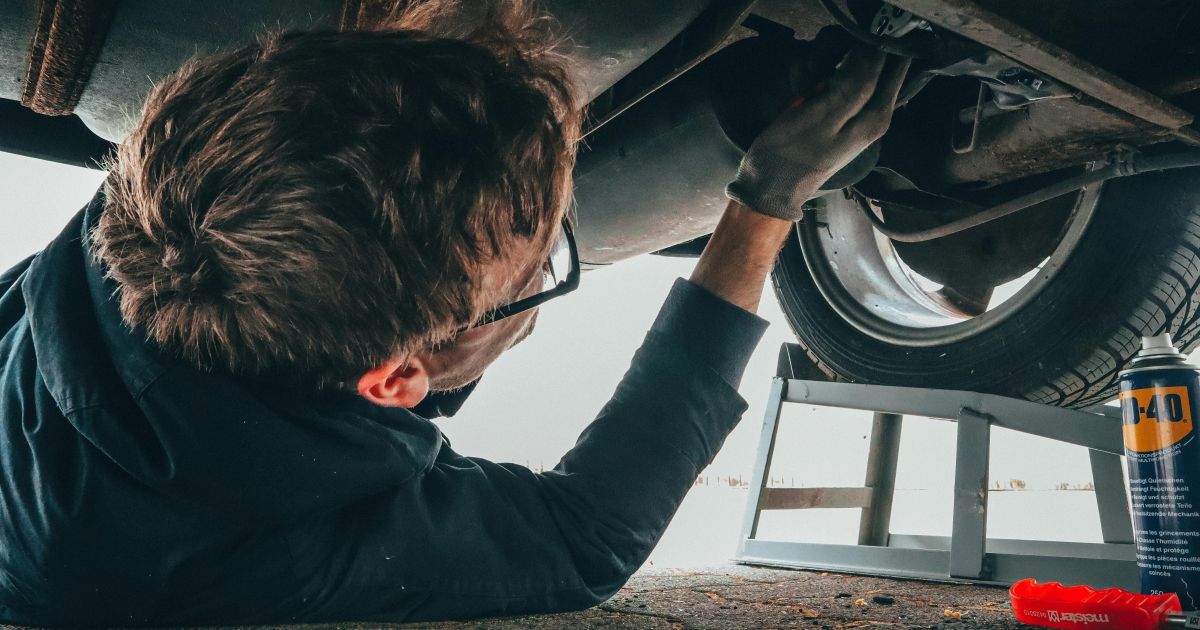In Victoria’s bustling City of Casey, residents are facing an unexpected financial burden when it comes to maintaining their vehicles at home. The local government implemented stringent regulations regarding private land use earlier this year, mandating that individuals fork over at least $400 if they wish to work on their own cars.
This southeastern Melbourne municipality, home to communities such as Cranbourne and Berwick, requires residents to obtain a private land use permit for various activities. These include storing more than two unregistered vehicles for a maximum of 90 days, parking long heavy vehicles, and performing repairs or maintenance on cars.
To initiate the permitting process, residents must submit a detailed site plan indicating where these activities will occur. The application itself carries a non-refundable fee of $150, which the city retains regardless of the outcome. If residents intend to store three or more unregistered vehicles or undertake repairs, they must also pay an additional $250 for the permit.
The stringent regulations are outlined in the City of Casey’s Community Local Law, which stipulates that any vehicle repair or maintenance performed on private property must not detract from the local area’s amenity. While the guidelines regarding what constitutes “detrimental” to neighborhood appeal remain vague, this ambiguity means that routine tasks like changing engine oil could potentially require a permit costing upwards of $400, excluding necessary tools and equipment.
Adding to the complexity, permit applications must be submitted at least 14 days in advance. Once a resident files an application, the city might request further information, and if the site inspection is satisfactory, approval could be granted within seven business days.
However, the City of Casey has not specified the potential fines for those who fail to obtain a permit prior to engaging in these activities, leaving many residents uncertain about their rights.
The local government’s permit mandate has sparked outrage among the community, leading to online petitions that articulate widespread discontent. An initiative titled “Casey Crime Page” emphasizes the considerable imposition this requirement places on homeowners.
“It is crucial to recognize that this decision undermines private property rights,” the petition argues. “We believe homeowners should have the autonomy to utilize their land freely, provided they are not infringing on others’ rights or creating nuisances. This regulatory change represents a breach of trust from city officials, whose responsibility should be to uphold the interests of ratepayers rather than penalize them.”
The petitioners are calling for the City of Casey Council to revisit the permit requirement, advocating for a balance between private land use and community standards. “As engaged homeowners, we demand an urgent review of this regulation to protect our rights and freedoms regarding the use of private property.”
Source:www.carexpert.com.au






